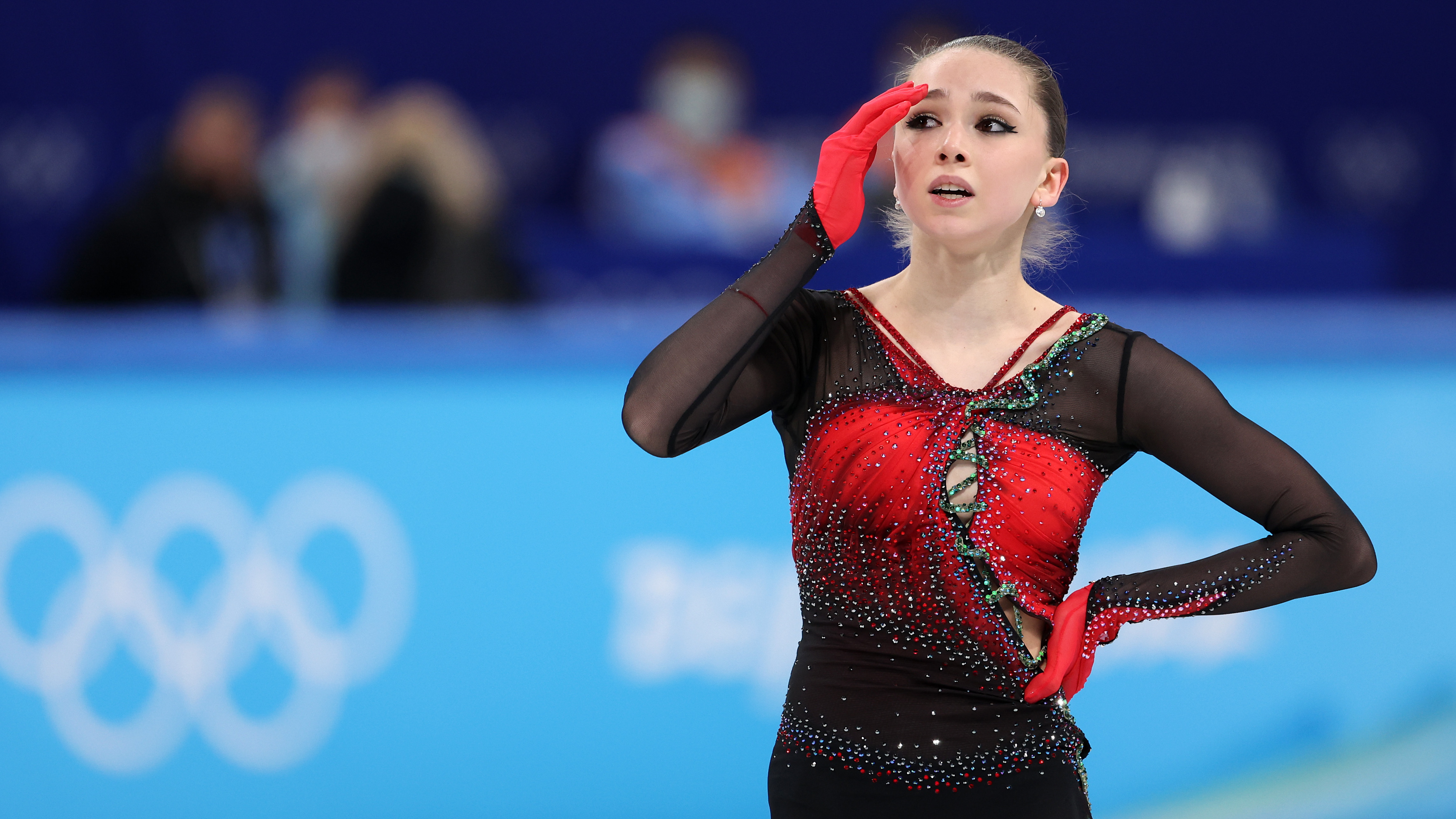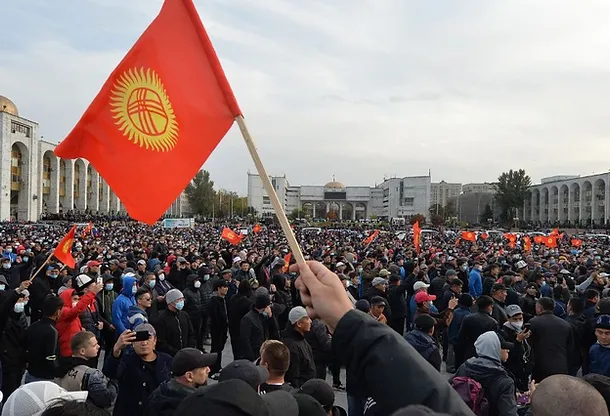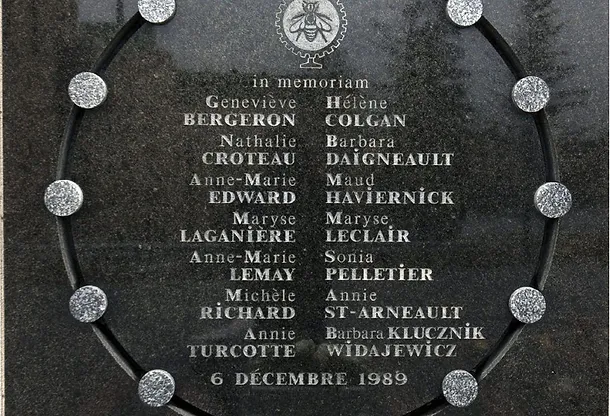
Figure Skating is Dead: Doping Scandal in Beijing Olympics

Figure skating events started normally in the Beijing Olympics, and then hell broke loose right after. After the team event in which athletes from all figure skating disciplines, ice dance, pairs, men's singles, and women's singles, competed to gather points, there seemed to be no medal ceremony held. As it raised questions, there were rumors about finding a substance in someone on the podium's doping tests. It wasn't until a day later that the officials announced the athlete in question was the 15-year-old prodigy Kamila Valieva, who came first in both of the events she competed in and rose the Russian Olympic Committee team to the gold medal. Her doping test was positive, and the medal ceremony was temporarily canceled until a decision was made regarding Kamila.
Although every legal case is complicated enough, this particular one is more than the others. And in a week, there were women's figure skating events, in which Valieva was favored to win the gold and share the podium with her two Russian teammates and competitions. Hence, a decision had to be made before individual events. Two main things had to be considered: Valieva's age and the time that this failed doping test came in. Under the World Anti-Doping Code, Valieva is a "protected person" as she is under 16. In violation of the code, she would not be held accountable herself as much compared to athletes over 16. At a minimum, she is not ineligible, and at maximum, she is ineligible for two years.
In the blood test, Valieva gave on December 25, a banned substance trimetazidine was found along with two other substances used to treat the heart but aren't banned. However, the results of this test came around February with a 40-day delay. On February 8, RUSADA (Russian Anti-Doping Agency) provisionally suspended the athlete from the games, only to lift it after a day. Valieva tested clean through other tests, even in Beijing. However, if the failed doping test results came before athletes went to the Olympics, she would probably be banned from competing. Both the International Olympic Committee (IOC) and the World Anti-Doping Agency (WADA) went to the Court of Arbitrary Sports (CAS) for the re-suspension of the athlete and then to handle the case. After the hearing on February 14, CAS approved the lift of provisional suspension, mainly focusing on the two reasons explained above. Kamila Valieva was cleared to continue to compete in the games, which invoked nothing but frustration and anger in the figure skating community. Upon the CAS' decision, the IOC announced that there would be no medal ceremony for the women's event if Kamila were on the podium, and WADA released a statement showing their dissatisfaction.
All was a mess. This decision basically gave a free pass to the abusive coaches to dope their under-16 athletes because they would not be suspended from the competition with the clean athletes anyway. The press continued following and demanding answers from the 15-year-old Kamila, which she probably didn't have any answers to. Although everyone was heartbroken that this happened to her, letting her compete and possibly jeopardizing the medal ceremony and the Olympic experience for every other athlete wasn't fair. How could one compete and smile when you know a 15-year-old you're competing with possibly has a cocktail of heart drugs in her blood? All through the season, Valieva was points ahead of all her competitors; nobody even questioned the possibility of her out of the podium, even if she made several mistakes in her skate. On the first day of the women's event, Kamila placed first, although she seemed to crumble under pressure on the second day. All of her jumps were either shaky (which isn't the way it's supposed to be) or ended with her being unable to land them and falling on the ice. She placed fifth in the free skate, fourth overall, and out of the podium.
While CAS allowed Valieva to compete because drawing her out of competition would cause her "impeccable harm," it looked like the harm was already done. After the announcement of the results, Kamila Valieva was shaking in tears and laughing because at least the medal ceremony was not canceled now. One can't help but wonder, how did all of the adults fail to protect a teenager and put the stress, burden, and guilt onto this girl?



